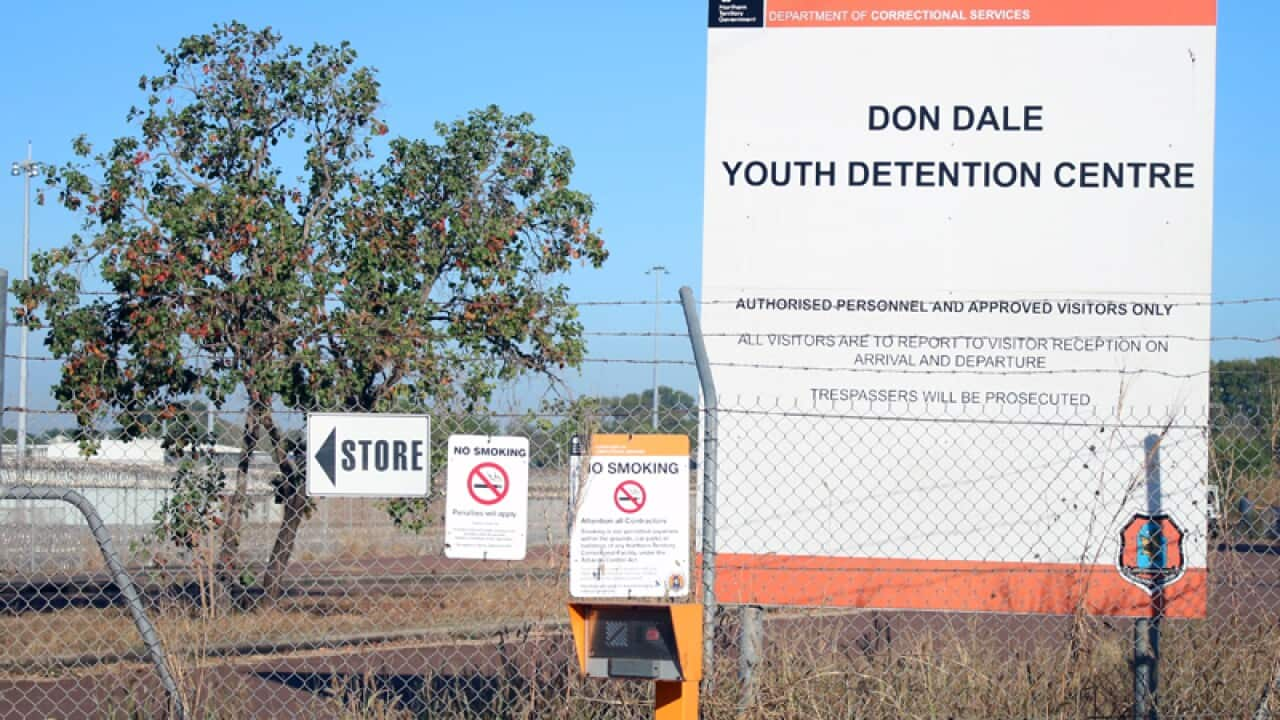Australia's top legal organisation has welcomed the Turnbull government's decision to ratify a UN protocol on torture, praising the move as a "magnificant step" that will increase oversight on the treatment of inmates in Australian prisons.
Attorney General George Brandis announced on Thursday the government would ratify the protocol by the end of the year.
"Torture and other forms of mistreatment have no place in Australia," Mr Brandis said.
Related reading

Historic $18m Northern Territory youth crime overhaul
By ratifying the Optional Protocol to the Convention against Torture and Other Cruel, Inhuman or Degrading Treatment or Punishment (OPCAT), Australia agrees to additional oversight at its prisons, juvenile prisons, police cells and immigration facilities, including periodic UN visits.
"The aim is not to shame. It is not to engage in an act of moral vanity," Mr Brandis said.
"It is to co operate in a mutual endeavour to bring about a tangible improvement to the treatment of people."
Law Council of Australia president, Fiona McLeod, said her organisation was "delighted" at the announcement.
"It will affect a large number of those who are in detention, including young people and Indigenous peoples," Ms McLeod said.
"We know the rate of incarceration of Indigenous people in jails is at a record high and they are facing serious issues.
"We congratulate the government."
Mr Brandis acknowledged the government had faced pressure from human rights groups to take the next step and ratify the protocol, which Australia signed in 2009.
The federal government will now work with the states and territories on implementation, with the Commonwealth Ombudsman to coordinate prison inspections.
Mr Brandis said Australia already had legislative protections against mistreatment, but said Australia could not afford to be "complacent".
"Recent events have reminded us of the human, financial and other costs of mistreatment in detention," he said.
Mr Brandis did not specify which events he referred to, but last year the Turnbull Government launched a Royal Commission to investigate the abuse of of inmates at the Don Dale Youth Detention Centre in Darwin.
Australia's Human Rights Commissioner Edward Santow said protecting the rights of prisoners could reduce the rate of recidivism.
"Protecting a detainees basic rights is in all of our interests," Mr Santow said.
"If a person is brutalised in detention, they will be more dangerous on their eventual release."




